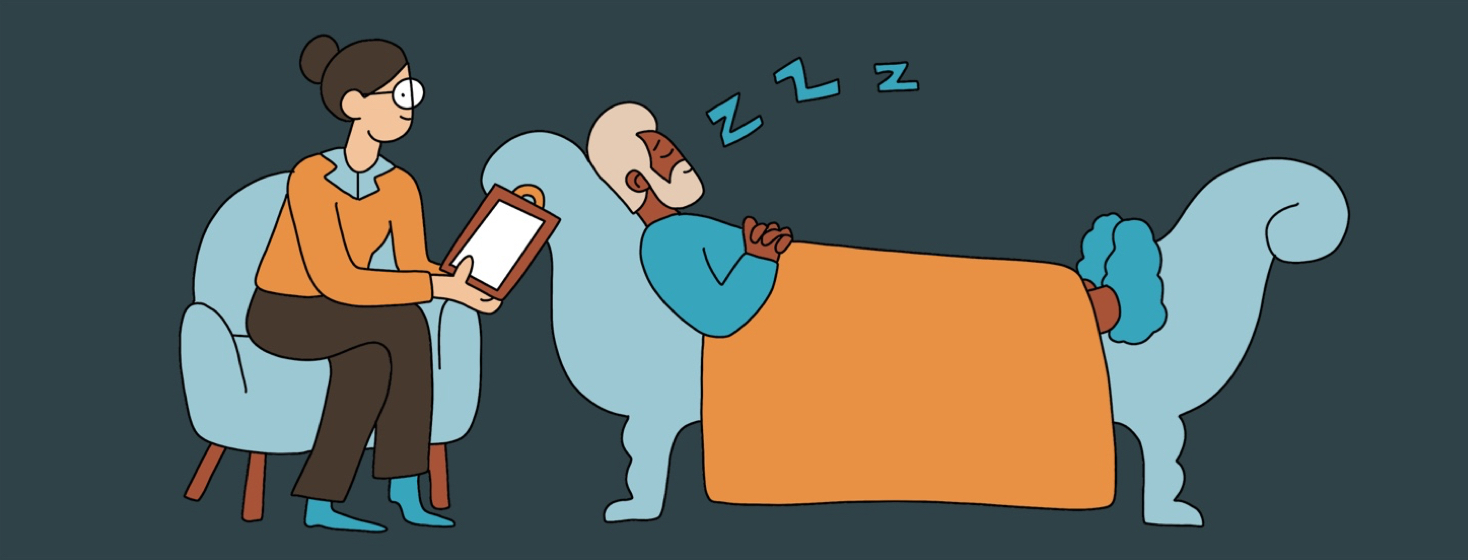Sleep Hygiene Can't Be Enough
Sleep hygiene is such a strange term, isn't it? People who sleep well would think it means "cleaning up your sleep" and in a sense, that is true – little "cleaning up" around the edges kinds of activities.
Typically sleep hygiene tips include keeping the bedroom dark. Keeping the bedroom cool. Keeping the bedroom quiet. Having a warm bath before bed. These things are easy to do.
Been there, done that
Unfortunately, most people with insomnia have done all of these things – even perfected them. They may have developed complex orders and rituals around them in an attempt to "get them just right."
But it still doesn't work. Sound familiar?
Sleep hygiene alone is not enough
Sleep hygiene strategies can help optimise sleep for those who sleep reasonably well. But according to the major sleep association guidelines, sleep hygiene alone is not enough to help sort out someone's insomnia and is not a recommended treatment approach on its own.1,2
As a person with insomnia, you don't need to read the research to tell you that. You've probably done it all.
Necessary but not sufficient
These easy-to-implement tips can provide a bit of extra "top up" and support for those undergoing cognitive behavioural therapy for insomnia or other recommended sleep therapy treatments. In the sleep therapy world and my own sleep therapy practice, I consider sleep hygiene – generally speaking - necessary but not sufficient. Important – but not enough all on its own.
So why is sleep hygiene not enough?
Insomnia is self-perpetuating sleeplessness. It starts out as sleeplessness over something outside us.
The anxiety about that sleeplessness keeps us awake, creating a vicious circle of anxiousness and wakefulness for many people. And then, for some others, it's more the things they do to "catch" extra sleep that get in the way of our natural biological sleep drives.
These are everyday common sense things to do – and so there's no blame here. In fact, knowing this can be encouraging – because we have it within us to improve our sleep.
Darkness can help avoid sudden light intrusion – but no amount of darkness can tackle the panic that can be triggered by waking in the night.
A cool room can help our body temperature drop as it needs to – but no specific room temperature can quell swirling thoughts about what we imagine will happen the next day if we don't get more sleep.
Pairing sleep hygiene with other therapies
I have felt the frustration of trying to do all the things. They are listed on the handouts we find online and in the doctor's offices, so we believe this should fix our insomnia. Because they can't, this adds fuel to the fire – that vicious circle of sleeplessness and anxiousness about not sleeping.
Sleep hygiene in and of itself isn't useless, and it can be extremely helpful alongside cognitive behavioural therapy for insomnia for chronic insomnia.
Have you ever felt frustrated with sleep hygiene tips? Or have you found them to be a game-changer for your sleep?

Join the conversation